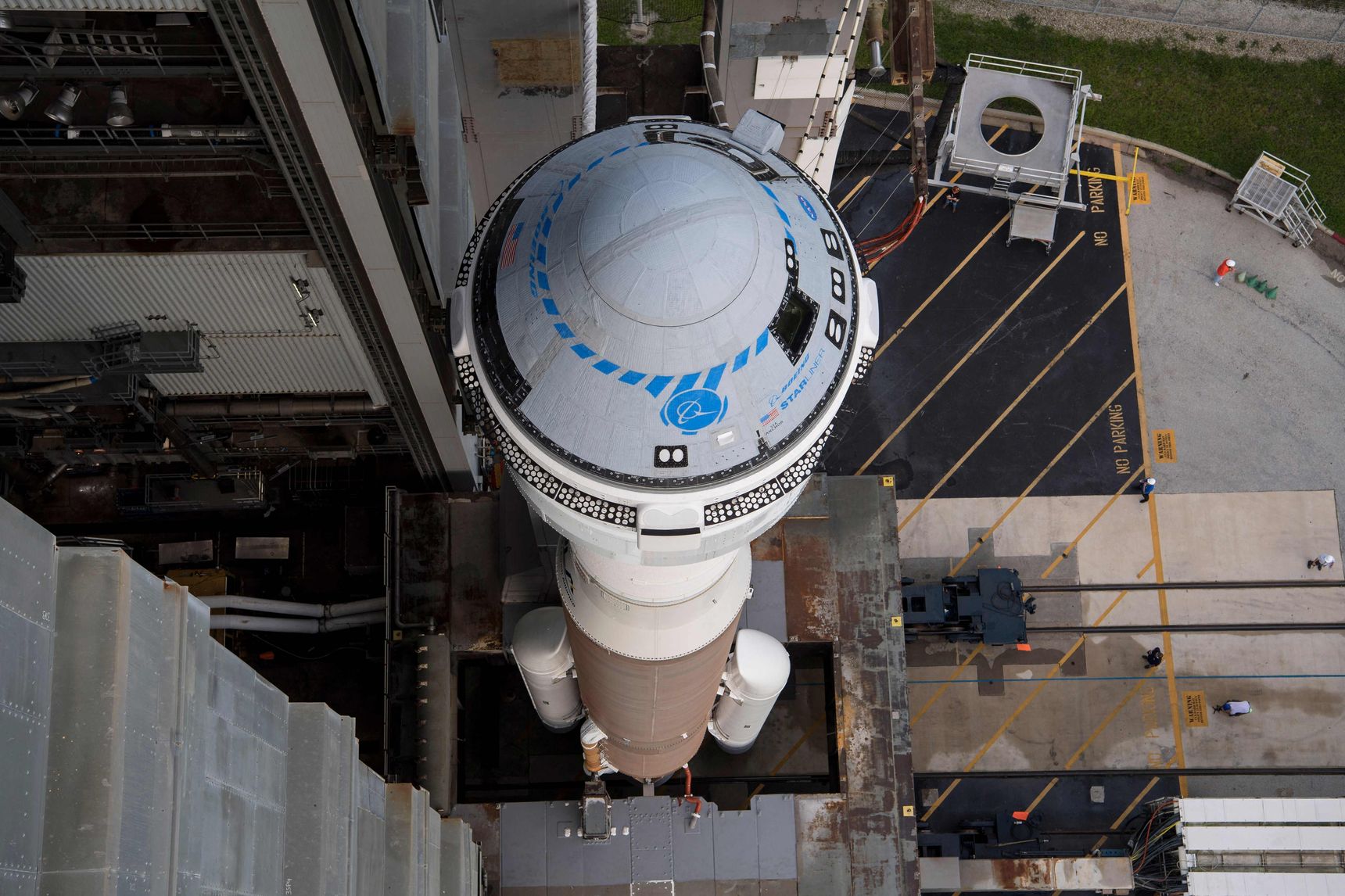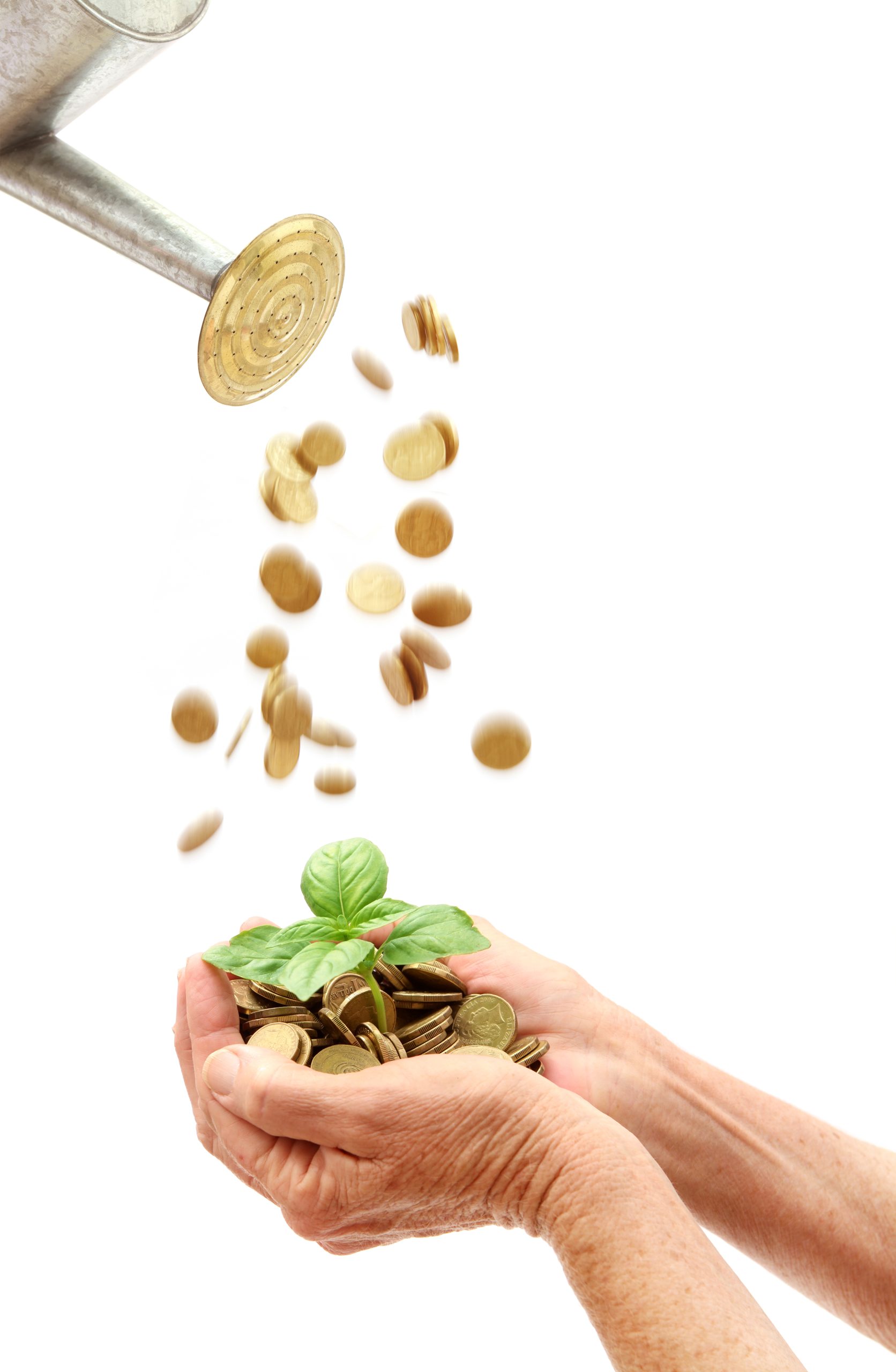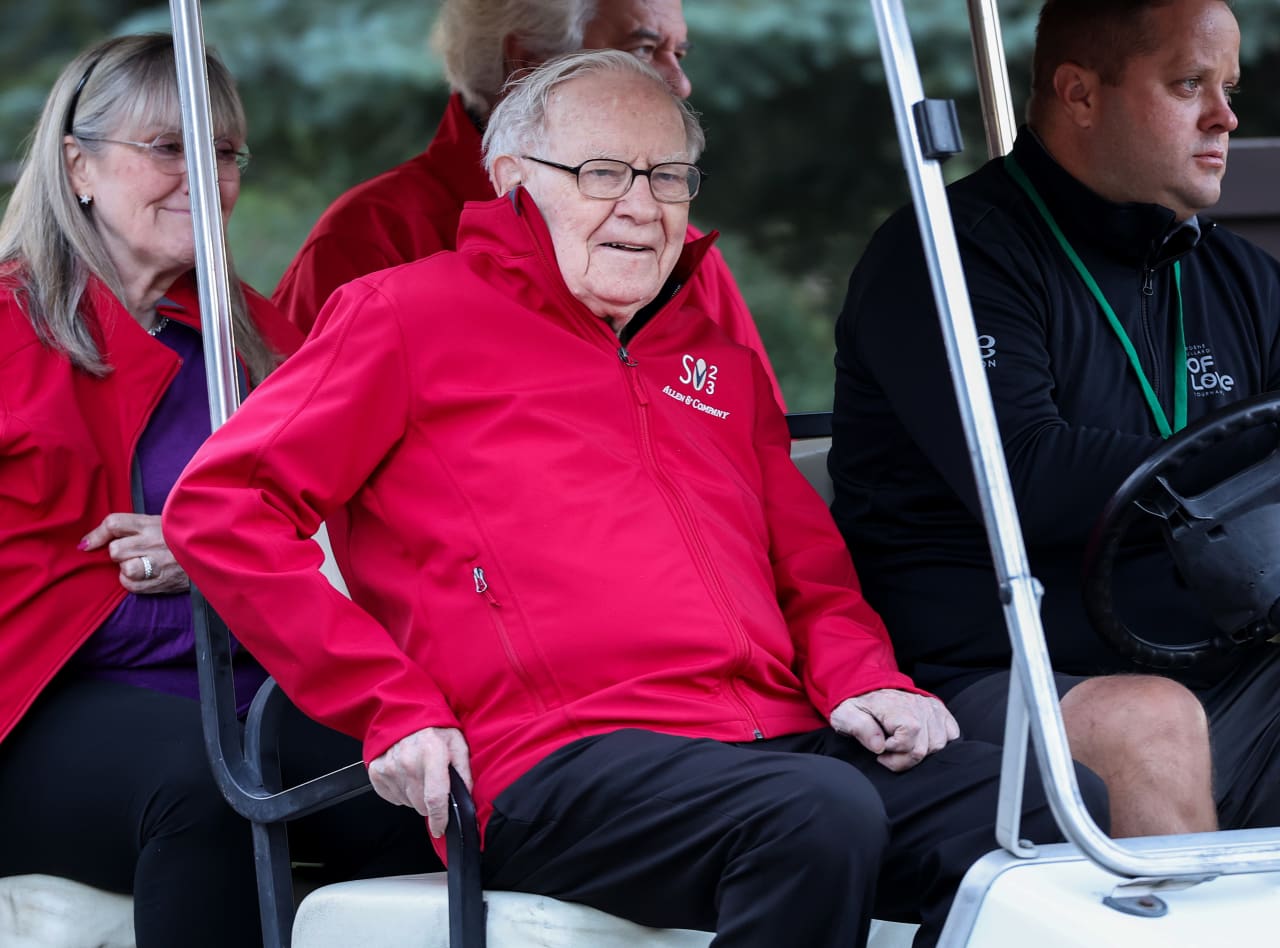Boeing’s Starliner Launch Could Face Serious Delay
Aerospace company likely will need to remove space capsule for repairs to problematic valves.
Boeing Co. BA -0.55% ’s Starliner space capsule launch could be delayed several months as the company will likely need to remove it from atop a rocket for repairs, people familiar with the matter said.
Such a delay would be a setback for Boeing’s space program. The company has spent years developing the Starliner and was supposed to launch it late last month to dock with the International Space Station, without crew on board—after a failed attempt a year and a half ago. Ultimately, the capsule is supposed to ferry astronauts to the International Space Station.
Boeing engineers have been working to repair a problem with some of the valves in a propulsion system on the Starliner that was discovered earlier this month while the vehicle sat on a launchpad. The company first said it was investigating the valve issues last week, and on Monday disclosed that 13 valves had failed to open as expected during preflight checks
Seven of the valves are working, the company has said, and engineers have continued to try to fix the others. The issue led the company and the National Aeronautics and Space Administration to postpone two potential launch dates for the Starliner last week.
As teams continued to work on the valve problem, separating the Starliner from the rocket appeared increasingly necessary, according to people familiar with the matter.
Engineers working on the Starliner are focused on giving priority to the safety of the spacecraft and their colleagues as they worked on addressing the issue with the valves, John Vollmer, a Boeing executive overseeing the Starliner, said in a statement last week.
Boeing and NASA on Monday said they hadn’t given up on potentially launching the Starliner this month. NASA said then the earliest possible date for another attempt would be in the middle of this month.
Ahead of the Starliner do-over, NASA and Boeing officials in July said they had subjected the spacecraft to rigorous, increased testing to ensure a successful test.
In December 2019, a Boeing software error prevented the Starliner from getting into the correct orbit and it never docked with the space station. Another potentially catastrophic error was fixed during the mission to prevent damaging the spacecraft’s protective heat shield.
The 2019 botched space mission came as Boeing was struggling with the fallout of two fatal crashes of its 737 MAX passenger aircraft. Company executives have since sought to revamp how the company handles engineering, safety and quality issues.
NASA has said it wants to have two U.S.-based companies available to transport astronauts to and from the space station. Right now, the agency has one confirmed provider, Space Exploration Technologies Corp., the formal name for Elon Musk’s SpaceX, in place for those flights. Its second option is to contract for seats on Russian rockets.
Reprinted by permission of The Wall Street Journal, Copyright 2021 Dow Jones & Company. Inc. All Rights Reserved Worldwide. Original date of publication: August 12, 2021
 Copyright 2020, Dow Jones & Company, Inc. All Rights Reserved Worldwide. LEARN MORE
Copyright 2020, Dow Jones & Company, Inc. All Rights Reserved Worldwide. LEARN MORE
This stylish family home combines a classic palette and finishes with a flexible floorplan
Just 55 minutes from Sydney, make this your creative getaway located in the majestic Hawkesbury region.
Impact investing is becoming more mainstream as larger, institutional asset owners drive more money into the sector, according to the nonprofit Global Impact Investing Network in New York.
In the GIIN’s State of the Market 2024 report, published late last month, researchers found that assets allocated to impact-investing strategies by repeat survey responders grew by a compound annual growth rate (CAGR) of 14% over the last five years.
These 71 responders to both the 2019 and 2024 surveys saw their total impact assets under management grow to US$249 billion this year from US$129 billion five years ago.
Medium- and large-size investors were largely responsible for the strong impact returns: Medium-size investors posted a median CAGR of 11% a year over the five-year period, and large-size investors posted a median CAGR of 14% a year.
Interestingly, the CAGR of assets held by small investors dropped by a median of 14% a year.
“When we drill down behind the compound annual growth of the assets that are being allocated to impact investing, it’s largely those larger investors that are actually driving it,” says Dean Hand, the GIIN’s chief research officer.
Overall, the GIIN surveyed 305 investors with a combined US$490 billion under management from 39 countries. Nearly three-quarters of the responders were investment managers, while 10% were foundations, and 3% were family offices. Development finance institutions, institutional asset owners, and companies represented most of the rest.
The majority of impact strategies are executed through private-equity, but public debt and equity have been the fastest-growing asset classes over the past five years, the report said. Public debt is growing at a CAGR of 32%, and public equity is growing at a CAGR of 19%. That compares to a CAGR of 17% for private equity and 7% for private debt.
According to the GIIN, the rise in public impact assets is being driven by larger investors, likely institutions.
Private equity has traditionally served as an ideal way to execute impact strategies, as it allows investors to select vehicles specifically designed to create a positive social or environmental impact by, for example, providing loans to smallholder farmers in Africa or by supporting fledging renewable energy technologies.
Future Returns: Preqin expects managers to rely on family offices, private banks, and individual investors for growth in the next six years
But today, institutional investors are looking across their portfolios—encompassing both private and public assets—to achieve their impact goals.
“Institutional asset owners are saying, ‘In the interests of our ultimate beneficiaries, we probably need to start driving these strategies across our assets,’” Hand says. Instead of carving out a dedicated impact strategy, these investors are taking “a holistic portfolio approach.”
An institutional manager may want to address issues such as climate change, healthcare costs, and local economic growth so it can support a better quality of life for its beneficiaries.
To achieve these goals, the manager could invest across a range of private debt, private equity, and real estate.
But the public markets offer opportunities, too. Using public debt, a manager could, for example, invest in green bonds, regional bank bonds, or healthcare social bonds. In public equity, it could invest in green-power storage technologies, minority-focused real-estate trusts, and in pharmaceutical and medical-care company stocks with the aim of influencing them to lower the costs of care, according to an example the GIIN lays out in a separate report on institutional strategies.
Influencing companies to act in the best interests of society and the environment is increasingly being done through such shareholder advocacy, either directly through ownership in individual stocks or through fund vehicles.
“They’re trying to move their portfolio companies to actually solving some of the challenges that exist,” Hand says.
Although the rate of growth in public strategies for impact is brisk, among survey respondents investments in public debt totaled only 12% of assets and just 7% in public equity. Private equity, however, grabs 43% of these investors’ assets.
Within private equity, Hand also discerns more evidence of maturity in the impact sector. That’s because more impact-oriented asset owners invest in mature and growth-stage companies, which are favored by larger asset owners that have more substantial assets to put to work.
The GIIN State of the Market report also found that impact asset owners are largely happy with both the financial performance and impact results of their holdings.
About three-quarters of those surveyed were seeking risk-adjusted, market-rate returns, although foundations were an exception as 68% sought below-market returns, the report said. Overall, 86% reported their investments were performing in line or above their expectations—even when their targets were not met—and 90% said the same for their impact returns.
Private-equity posted the strongest results, returning 17% on average, although that was less than the 19% targeted return. By contrast, public equity returned 11%, above a 10% target.
The fact some asset classes over performed and others underperformed, shows that “normal economic forces are at play in the market,” Hand says.
Although investors are satisfied with their impact performance, they are still dealing with a fragmented approach for measuring it, the report said. “Despite this, over two-thirds of investors are incorporating impact criteria into their investment governance documents, signalling a significant shift toward formalising impact considerations in decision-making processes,” it said.
Also, more investors are getting third-party verification of their results, which strengthens their accountability in the market.
“The satisfaction with performance is nice to see,” Hand says. “But we do need to see more about what’s happening in terms of investors being able to actually track both the impact performance in real terms as well as the financial performance in real terms.”
This stylish family home combines a classic palette and finishes with a flexible floorplan
Just 55 minutes from Sydney, make this your creative getaway located in the majestic Hawkesbury region.






















